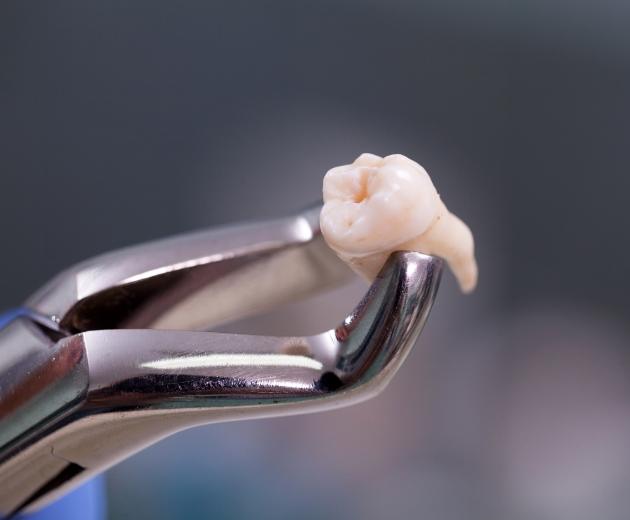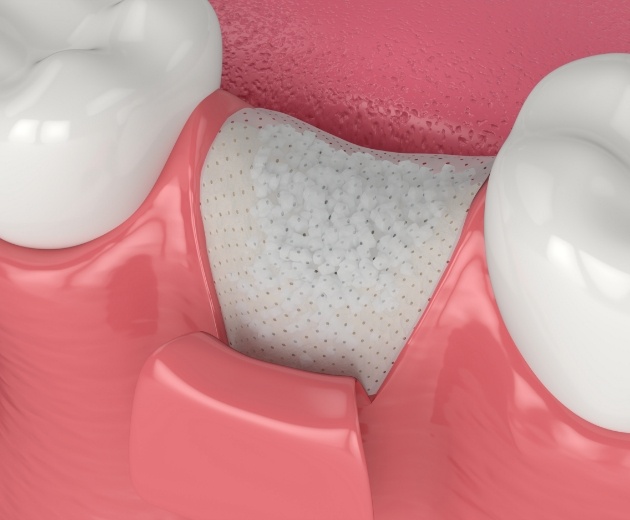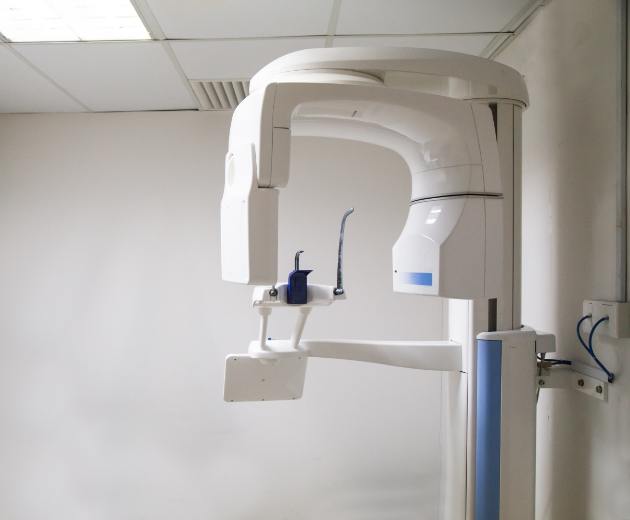General Oral Surgery Procedures – Burke, VA
Fortifying Your Oral Health
& Enhancing Your Smile
Our team of oral surgeons is well-versed in a variety of different procedures that can safeguard your oral health and ease discomfort. Whether you’re in need of jaw surgery to help ease your pain caused by TMJ disorder or you have impacted canine teeth that are posing a risk to your oral health, know that we can help. Call our office today if you believe you can benefit from any of the general oral surgery services in Burke listed below.
Why Choose Northern Virginia Oral, Maxillofacial & Implant Surgery for
General Oral Surgery Procedures?
-
We Accept Medical
& Dental Insurance -
Team of 5
Skilled Oral Surgeons -
3 Convenient
Office Locations
Impacted Canine Treatment

An impacted tooth is one that is stuck below the gumline, and for specific reasons, it cannot fully erupt into the mouth. An estimated two percent of the population has upper canines, or the two teeth on either side of the upper and lower incisors (your four front teeth), that don’t properly grow in. When left unaddressed, these impacted canines can lead to infection, oral health problems, and a breakdown in the bone and tissue surrounding the jaw. Our team can safely remove and transplant your impacted canines into their proper positions to prevent future issues from developing.
Tooth Extractions

Teeth may need to be extracted for a variety of reasons, including severe decay or damage that has compromised the health of surrounding teeth and crowding. Regardless of the location, shape, and condition of the tooth, our team of oral surgeons can safely extract it to improve your oral and overall health as well as prevent additional problems from occurring down the road.
Bone Grafting

Some patients require preparatory treatments like a bone graft before they can undergo the surgical placement of their dental implants. Fortunately, our oral surgery team can complete both procedures in one place! If your teeth have been missing for awhile, you may find out that your jawbone has deteriorated as a result of not receiving stimulation and blood flow to the area. Jawbone density is essential to the fusion of the dental implants with the bone. To ensure this process is successful, we can place a graft in the area to rebuild its strength and stability.
Sinus Lift
Another preparatory procedure that may be required before having your dental implants placed is a sinus lift. If our team notices that your sinuses are low - meaning that if we place dental implants in your top jawbone - they could get punctured or impacted, it may be required for us to lift them up. We’ll do this by placing a small bone graft from another part of your body, or synthetic bone, and using it to shift your sinuses upward.
Soft Tissue Augmentation
Gum recession is one of the most common signs of advanced gum disease, also known as periodontitis. This is when the gums around your teeth pull back, or recede, leaving more of your tooth structure exposed and making your teeth look longer. Not only can this have aesthetic impacts on your smile, but it can also leave your tooth roots more vulnerable to being attacked by harmful oral bacteria. We can surgically graft soft tissue from the roof of your mouth (or another area with healthy tissue) and transplant it to the site in need of repair.
Jaw Surgery

Jaw problems that lead to pain, lockjaw, and other conditions, like TMJ disorder, can’t always be corrected with orthodontics or splints. In some cases, surgery may be necessary to fix severe misalignment problems that make it difficult to swallow, chew, and speak. This intervention may also be necessary if a facial injury has impacted your jaw function and mobility. While each jaw surgery can differ depending on the underlying cause of your discomfort, our team will be sure to outline the procedure with you in detail so you know what to expect and we have an opportunity to answer any questions you may have.
Frenectomy

Frenectomies are minimally invasive surgical procedures that allow us to address issues caused by lip and tongue-ties among infants, children, and even adults. This problem is a result of overgrown or thick frenulum, which are the pieces of tissue that connect the tongue to the floor of the mouth and the lips to the gums. When this occurs, you or your infant may have difficulty eating certain foods or nursing, weight loss or inability to gain weight, and a variety of other symptoms that could impact your day-to-day life. With a frenectomy, we can free up the lips and tongue by shortening the frenulum.
